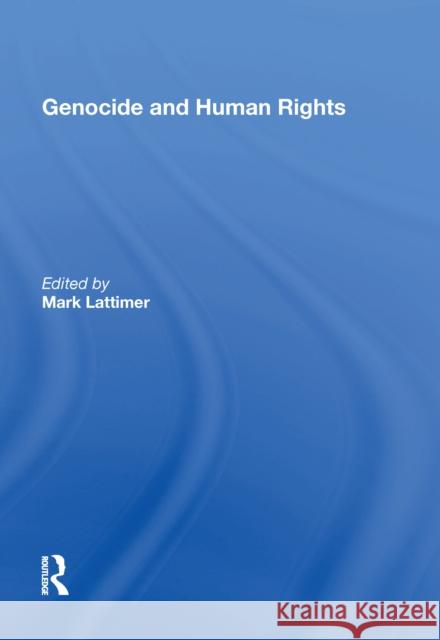Genocide and Human Rights » książka
topmenu
Genocide and Human Rights
ISBN-13: 9780815389194 / Angielski / Twarda / 2017 / 596 str.
Genocide and Human Rights
ISBN-13: 9780815389194 / Angielski / Twarda / 2017 / 596 str.
cena 757,61
(netto: 721,53 VAT: 5%)
Najniższa cena z 30 dni: 654,86
(netto: 721,53 VAT: 5%)
Najniższa cena z 30 dni: 654,86
Termin realizacji zamówienia:
ok. 16-18 dni roboczych.
ok. 16-18 dni roboczych.
Darmowa dostawa!
Genocide is both the gravest of crimes under international law and the ultimate violation of human rights











